Oral Fixation and ADHD: Is There a Connection?
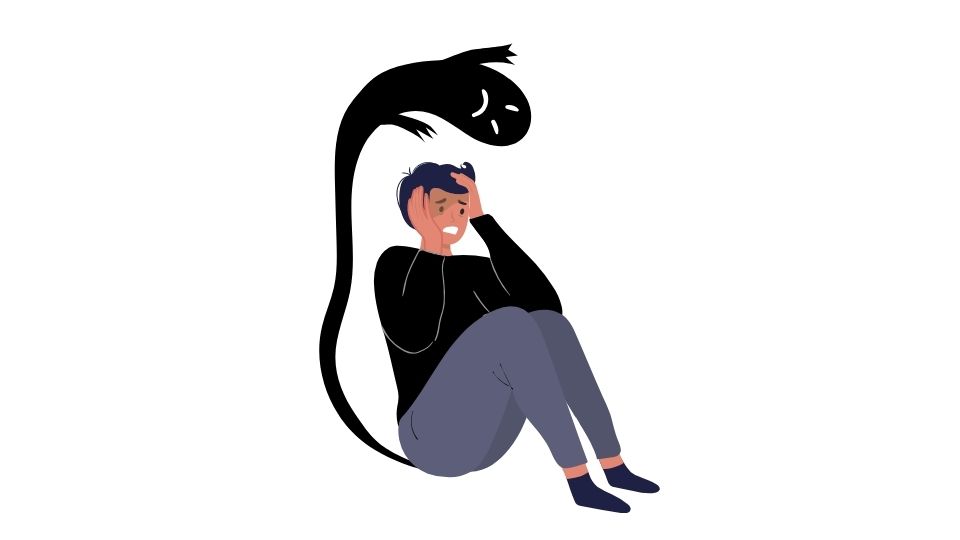
Ever catch yourself gnawing on pen caps during meetings or mindlessly chewing your fingernails while watching TV?
If you have ADHD, this oral fixation thing might feel pretty familiar.
That urge to have something in your mouth isn’t just a random habit – it’s actually your brain trying to get the sensory input it craves. And for those of us with ADHD brains, this mouth-focused behavior can be a major coping mechanism.
Let’s dive into why people with ADHD are often caught with something between their teeth (besides lunch), and what you can do about it if it’s causing problems in your life.
Why Your ADHD Brain Loves Oral Stimulation
ADHD isn’t just about not being able to focus or sitting still – it’s a whole package of brain differences that affect how we process the world around us.
The Sensory Connection
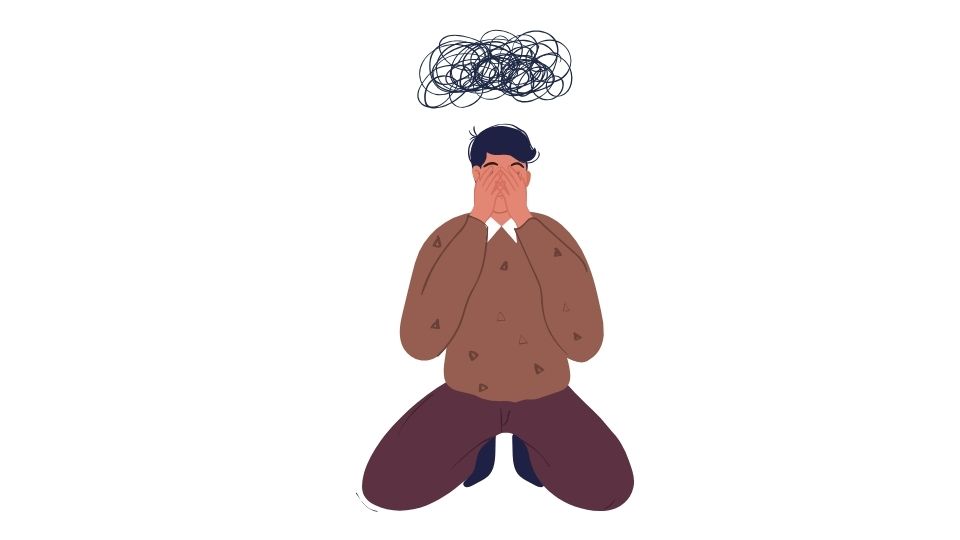
People with ADHD often have different sensory processing needs than neurotypical folks. Our brains are constantly seeking the right amount of stimulation to feel regulated and focused.
That’s where your mouth comes in!
Your mouth is packed with nerve endings and sensory receptors, making it one of the most sensitive areas of your body. When you chew, bite, or suck on something, you’re giving your brain a powerful sensory experience that can help:
- Increase focus during boring tasks
- Calm anxiety and nervous energy
- Provide consistent sensory input that helps regulate attention
Research shows that many people with ADHD unconsciously use oral stimulation as a way to self-regulate and improve their executive functioning.
It’s About Impulse Control (Or Lack Thereof)
Another reason ADHD and oral fixation go hand-in-hand? Impulsivity.
That classic ADHD trait of acting before thinking applies to oral behaviors too. You might find yourself biting your nails, chewing your lip, or nibbling on random objects before you even realize what you’re doing.
This impulsive oral behavior often kicks into high gear when you’re:
- Bored
- Anxious
- Deep in concentration
- Emotionally overwhelmed
The Emotional Regulation Tool
For many with ADHD, oral fixation serves as an emotional regulation technique.
When feelings get intense or overwhelming (which happens a lot with ADHD), the repetitive, sensory-rich experience of chewing or sucking can be incredibly calming. It’s like a built-in stress ball for your mouth!
Studies have shown that repetitive behaviors like chewing can actually help regulate emotional states by activating the parasympathetic nervous system – your body’s “rest and digest” mode.
Common Oral Fixation Behaviors in ADHD
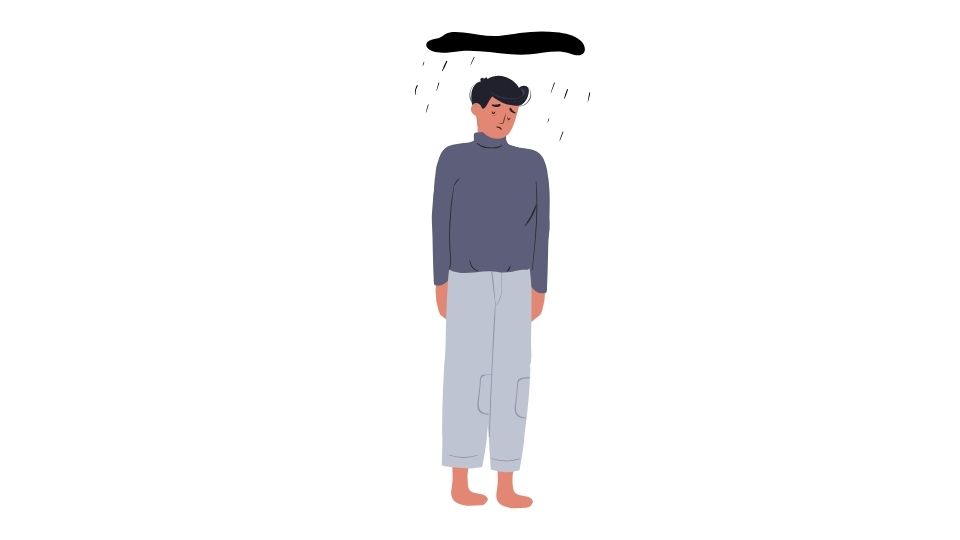
Not sure if what you’re doing counts as an oral fixation? Here are the greatest hits:
In Children
- Chewing on everything – pencils, shirt collars, toys, you name it
- Biting nails
- Extended thumb sucking or pacifier use
- Chewing on hair
- Teeth grinding
- Excessive licking of lips (hello, chapped lips!)
In Adults
- Constant gum chewing (like, we’re talking MULTIPLE packs a day)
- Nail biting that won’t quit
- Cheek or lip biting
- Chewing on pens, pencils, paperclips
- Smoking or vaping (yep, that oral fixation connection is real)
- “Boredom eating” even when not hungry
- Ice chewing
Sound familiar? You’re definitely not alone.
The Downsides of Oral Fixation
While these behaviors help us cope, they can sometimes create problems:
- Dental issues – worn enamel, jaw pain, or damaged teeth from constant chewing
- Social awkwardness when others notice your chewing habits
- Accidental damage to items (RIP to all the pens I’ve destroyed)
- Potential for unhealthy oral habits like smoking
As one dental health study points out, persistent oral habits can lead to dental problems that require professional intervention if left unchecked.
Better Ways to Satisfy Your Oral Fixation Needs
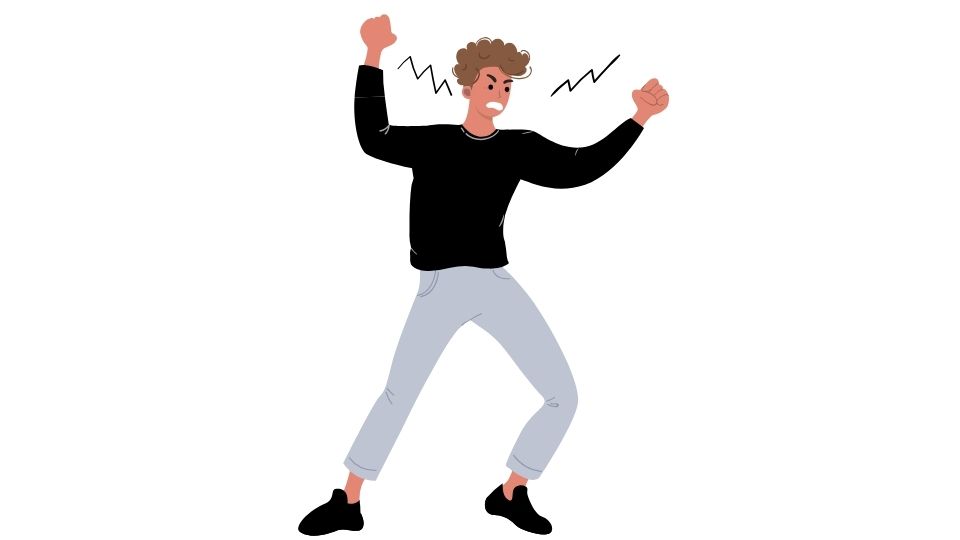
The good news? You don’t have to stop your oral fixation completely – you just need healthier outlets for it.
Sensory-Friendly Alternatives
Instead of destroying your pens or your fingernails, try these instead:
- Chewable jewelry specifically designed for sensory needs (yes, they make necklaces you can chew on that look like regular jewelry!)
- Sugar-free gum (a classic for a reason)
- Chewy snacks like dried fruit or jerky
- Crunchy veggies (carrots and celery are the MVPs here)
- Silicone “chewies” made for sensory needs
- Water bottles with chewable mouthpieces
Smart Strategies for Management
Beyond just swapping out what goes in your mouth, try these approaches:
Notice your triggers – Do you chew more during meetings? While studying? When anxious? Awareness is the first step.
Carry alternatives – Keep gum or appropriate chewies with you so you’re not tempted to gnaw on whatever’s available.
Use reminders – A subtle alert on your phone or a rubber band on your wrist can help you catch yourself mid-chew.
Address the underlying needs – Sometimes more movement breaks or other sensory activities can reduce oral fixation by satisfying your sensory needs in other ways.
When to Seek Help
If your oral fixation is:
- Causing dental problems
- Creating social difficulties
- Involving potentially dangerous items
- Causing you significant distress
It might be time to talk to a professional. An occupational therapist or ADHD specialist can help develop a personalized approach.
Embracing Your Oral Fixation (But Healthily)
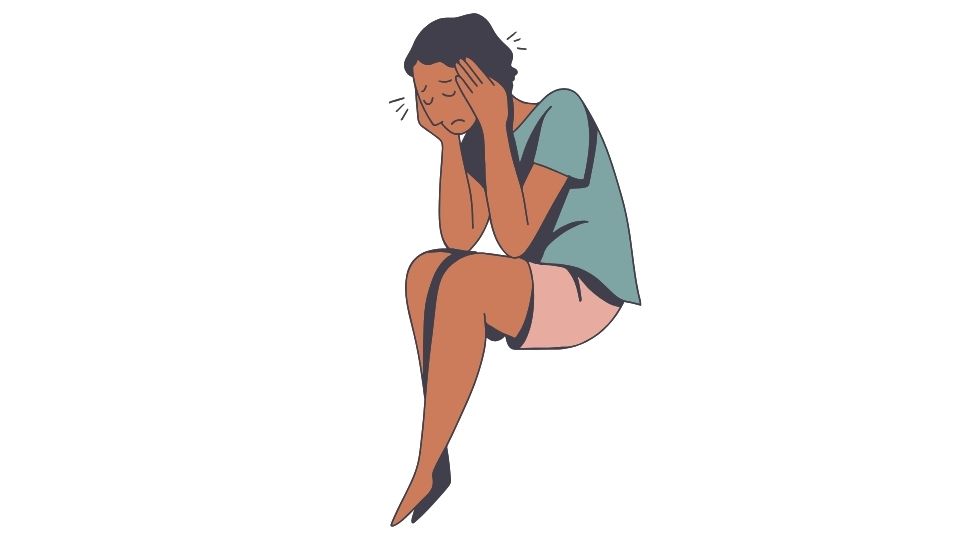
The most important thing to remember? This isn’t just a “bad habit” – it’s your brain’s way of trying to regulate itself.
There’s nothing wrong with needing oral stimulation. The goal isn’t to eliminate these behaviors entirely but to channel them into healthier options that won’t damage your teeth, hurt your social life, or destroy your favorite pen collection.
Many adults with ADHD report that accepting their sensory needs and finding appropriate outlets actually improves their overall functioning and reduces stress.
So next time someone gives you a weird look for chewing your third piece of gum that hour, just remember – your brain is just doing what it needs to do to help you function at your best. And that’s something to celebrate, not shame.
Just maybe invest in some bulk packs of gum. You’re gonna need it.

